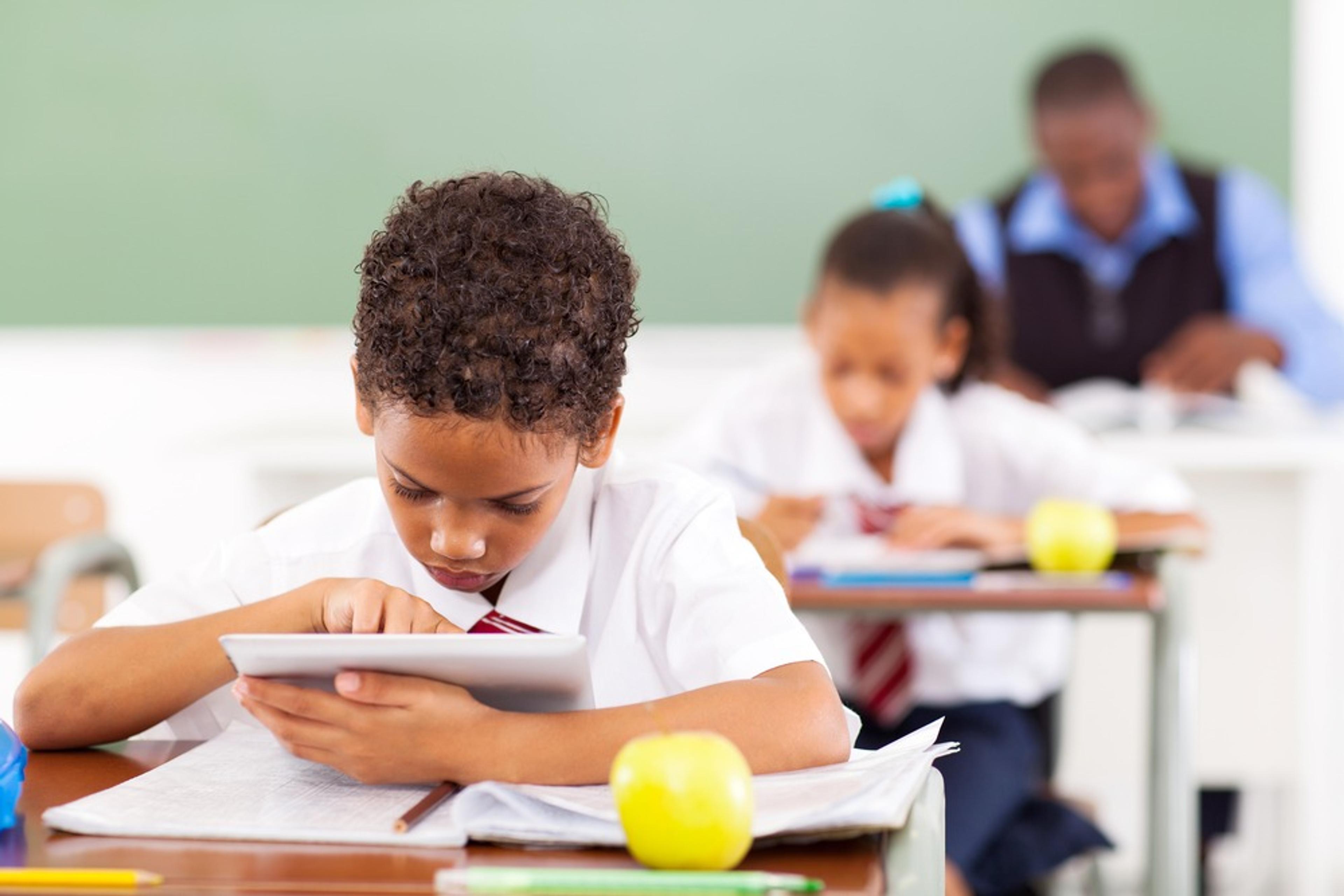
Five reasons why a confident reader is suddenly struggling with their literacy in Year 3
We spoke with Roger Beard, an Emeritus Professor of Primary Education, former primary school teacher, author and children’s reading specialist, about children’s reading habits and why a previously confident reader may suddenly begin to struggle with their literacy around the age of 7-8 years.Teachers and parents, read on to learn more about reading regressions and how you can best support any struggling readers at home or in the classroom.
Some children make early progress in learning to read and then hit a plateau in Year 3 or 4. Curiously, this happens in other countries too. (In the USA, it is known as the Grade 4 slump.) So why is this and what can be done about it?
Children have to adjust to a curriculum gear change
The move from Year 2 to Year 3 can be challenging. There may be a change of schools (e.g. Infant to Junior), changes in teaching approach and new curriculum content. It will always be worth Year 2 and Year 3 teachers reviewing this transition from the child’s point of view.
The need to establish fluency
Many Year 3 children will still be using reading scheme books. These have the advantage of being sequenced and of having age-appropriate content. But, if they are explicitly structured in levels or bands, there may be a preoccupation with getting on to the next level.
Some children need more consolidation, through short, undemanding books, written in a similar style, and with familiar content. This may be the time to depart from the reading scheme and to move over to another series of books. Reading (and perhaps re-reading) familiar books will increase fluency, an under-estimated stage. Fluency will depend on increasing the number of words that are automatically recognised in books and on screen.
Children may not be spending enough time on texts
The more children read, the more they can read. Progress can be supported if there is USSR (Uninterrupted Sustained Silent Reading) for 20-30 minutes, several times a week. This will help children to become immersed in, and to reflect upon, what they read. If a child is close to finishing a book, they need to have another beside them, to avoid disruption.
There are hundreds of fantastic school-related books and works of fiction and non-fiction in the Pickatale for Schools digital library. It’s completely free for teachers and students to use, and offers children access to a huge number of new books and stories that they can read during a silent reading session.
Non-fiction may be more difficult than it looks
Children like to choose non-fiction books with an interesting title and an attractive cover. Yet they may face unfamiliar words and information that they don’t understand. Many children will benefit from some coaching on how to use non-fiction. They need to be assured that it isn’t ‘wrong’ not to read such books from cover to cover. They need to ask ‘Why am I using this book? What do I want to get from it?’
Reading may have unexpected demands
Underlying weaknesses come to light at this age. Research looking specifically at the Year 3/4 slump has revealed that some children particularly struggle when faced by written language that is becoming more abstract, literary, and removed from their everyday experiences. They may well have limitations in their knowledge of word meanings. The child who has not acquired sufficient information and vocabulary is likely to have particular difficulty when reading material with different viewpoints. Explicit teaching of vocabulary and background knowledge may be necessary.
In conclusion
Reading is more complex than many people realise and it develops in subtle ways. Good teaching includes monitoring what and how children read and providing additional experiences to help counter the Year 3 struggles.
Keep your eyes peeled on the Pickatale blog for more fascinating articles about how we can best support children’s reading progress at home and in the classroom.
If you’re a teacher, student, educator, tutor or homeschooling parent, you can also sign up to our FREE reading and learning tool: Pickatale for Schools.
Access hundreds of amazing school-related books including fiction and non-fiction and get kids reading more! You can learn all about Pickatale for Schools here: https://pickatale.co.uk/for-schools/
Safe use
Pickatale has been developed for children and all content is quality assured for children. Once you're subscribed to one of our pricing plans, no additional costs will be incurred and no indiscriminate products will be added.
Privacy
Pickatale uses cookies on its website. Read more about how we process personal information in our privacy statement.